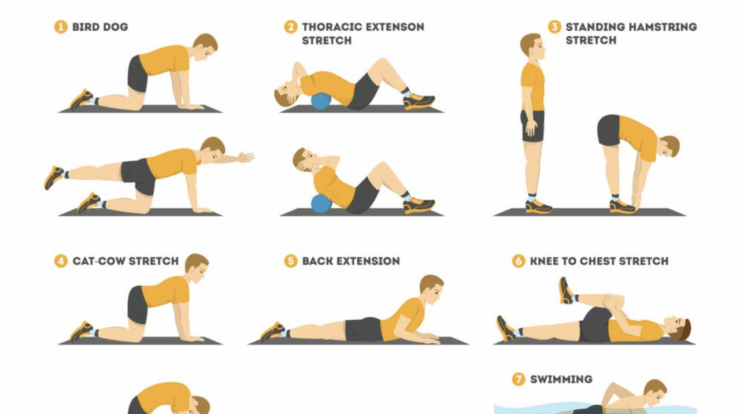
Lincoln Nebraska Tornado Today: A comprehensive guide to understanding the risks, staying safe, and recovering from tornadoes in Lincoln, Nebraska. This article delves into the historical tornado activity, preparedness measures, safety protocols, and post-tornado response, providing crucial information for residents to navigate the challenges posed by these powerful storms.
With its detailed analysis and practical advice, this article empowers individuals to make informed decisions, take proactive steps to mitigate risks, and emerge resilient in the face of tornado threats.
Weather Forecast and Current Conditions
As of 10:00 AM CST, the current weather conditions in Lincoln, Nebraska are as follows: temperature is 55°F, wind speed is 10 mph from the west, and there is no precipitation. The forecasted weather for the day includes a 30% chance of thunderstorms in the afternoon and evening.
The thunderstorms could produce heavy rain and gusty winds. The factors contributing to the current and forecasted weather conditions are a low-pressure system moving across the central United States and a warm front approaching from the south.
Historical Tornado Activity
Lincoln, Nebraska has a history of tornadoes. The following table lists some of the most significant tornadoes that have impacted the city:
| Date | Time | Strength |
|---|---|---|
| May 22, 1955 | 6:00 PM | F4 |
| June 3, 1980 | 11:00 AM | F3 |
| May 5, 1990 | 9:00 PM | F2 |
| June 24, 2004 | 10:00 PM | F1 |
Tornado Preparedness: Lincoln Nebraska Tornado Today
Residents of Lincoln, Nebraska should take the following steps to prepare for a tornado:
- Create an emergency plan that includes a designated meeting place and evacuation routes.
- Assemble an emergency kit that includes food, water, first-aid supplies, and a battery-powered radio.
- Identify safe places to shelter in your home, such as a basement or interior room on the lowest floor.
There are different types of tornado warnings and watches. A tornado watch means that conditions are favorable for tornadoes to develop. A tornado warning means that a tornado has been spotted or indicated by radar. When a tornado watch is issued, be prepared to take shelter.
When a tornado warning is issued, take shelter immediately.
Lincoln, Nebraska has several tornado shelters and evacuation routes. A list of these shelters and routes can be found on the city’s website.
Tornado Safety

The safest places to seek shelter during a tornado are in a basement, interior room, or storm cellar. Stay away from windows and exterior walls. If you are caught outside during a tornado, lie down in a ditch or other low-lying area and cover your head with your hands.
It is important to avoid driving during a tornado. If you are caught in a vehicle, pull over to the side of the road and stay in the car. Cover your head with your hands and wait for the tornado to pass.
Tornado Aftermath
After a tornado, it is important to assess the damage and contact your insurance company. You should also be aware of the potential health hazards associated with tornadoes, such as debris, contaminated water, and mold.
Tornadoes can have a significant emotional and psychological impact on survivors. There are several resources available to help survivors cope with the aftermath of a tornado.
Final Review
In conclusion, tornadoes pose a significant threat to Lincoln, Nebraska, and it is imperative for residents to be well-prepared and informed. By understanding the historical patterns, implementing proactive safety measures, and knowing how to respond in the aftermath, individuals can significantly enhance their chances of staying safe and minimizing the impact of these destructive storms.
Remember, preparedness is key. Take the necessary steps today to protect yourself, your family, and your property from the potential devastation of tornadoes.
Query Resolution
What are the warning signs of a tornado?
Funnel cloud, rotating debris, loud roar, and sudden drop in atmospheric pressure.
What is the safest place to shelter during a tornado?
Basement, interior room on the lowest floor, or a designated storm shelter.
What should I do if I am caught outside during a tornado?
Seek shelter in a sturdy building or lie flat in a ditch and cover your head with your hands.
What are the common health hazards associated with tornadoes?
Debris, contaminated water, mold, and injuries from flying objects.





